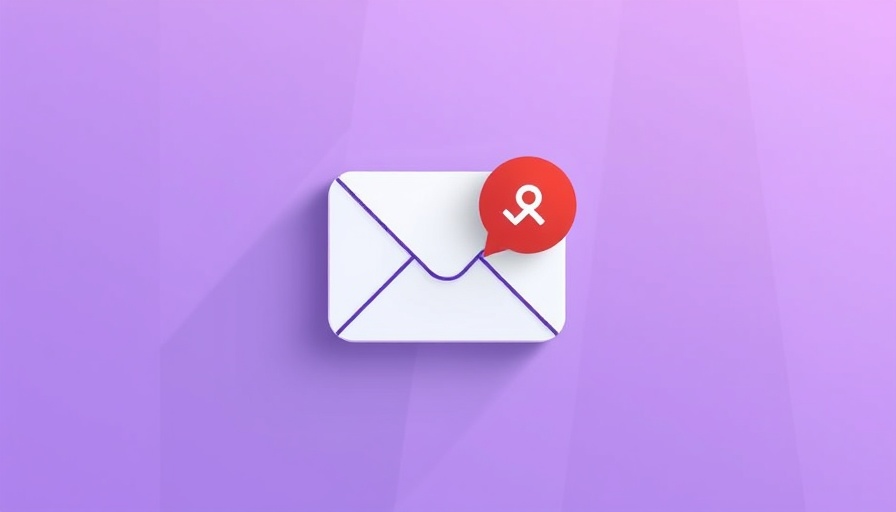
The Rise of Machine Learning in Email Marketing
In an age where customer engagement is key, the role of machine learning (ML) in email marketing has become increasingly significant. ML utilizes algorithms to analyze historical customer interactions and predict future behaviors, transforming traditional email campaigns into personalized, data-driven experiences. This evolution not only drives higher engagement but fosters growth in revenue, as marketers tap into the potential of automated insights.
Redefining Email Management through Personalization
The effectiveness of machine learning in email marketing is largely attributed to its ability to personalize content at scale. By scrutinizing past data on open rates, click behavior, and demographic details, ML empowers marketers to send targeted messages that resonate with individual recipients. This capability is not merely about sending segmented emails; it’s about delivering timely and relevant content that anticipates customer needs.
Proven Strategies for Implementation
As highlighted in an article by HubSpot, known strategies for the successful application of machine learning in email marketing include dynamic content recommendations and send-time optimization. For instance, a clothing retailer could leverage customer data to recommend products based on past purchases or browsing history, significantly enhancing the likelihood of conversion. Additionally, implementing send-time optimization ensures that emails reach subscribers when they’re most likely to engage, maximizing open and click-through rates.
Understanding the Key Metrics
Measuring the return on investment (ROI) from machine learning initiatives is critical. Marketers should establish clear success metrics before adopting ML tools. This includes evaluating the performance of machine learning-driven campaigns against traditional benchmarks. As noted in a Salesforce guide on AI in email marketing, tracking engagement metrics such as open rates, click rates, and conversion rates are essential for assessing the impact of ML on campaign effectiveness.
A Roadmap for Successful Machine Learning Integration
For a successful transition to an ML-powered email marketing strategy, marketers should follow a phased rollout plan. Starting small by integrating basic machine learning functions like automated segmentation and content recommendations is advisable. These initial steps can provide valuable insights, paving the way for more complex implementations that involve predictive analytics and real-time personalization.
Common Pitfalls and Their Solutions
However, integrating machine learning is not without its challenges. Poor data quality, vague success metrics, and over-reliance on automation are common pitfalls. To mitigate these risks, it is imperative to maintain clean, organized data and to regularly assess marketing goals. Marketers should not anticipate that ML will entirely replace human judgment; instead, it should serve as a tool to support and enhance strategic decision-making.
Looking Ahead: The Future of Email Marketing
As the landscape of digital marketing continues to evolve, the integration of AI and machine learning in email campaigns is expected to become even more sophisticated. Marketers who adapt to these changing dynamics and harness the power of data will lead the charge in creating more engaging and effective campaigns. With the potential for 1:1 personalization becoming a standard expectation, those who prioritize learning and adapting their strategies will maintain a competitive edge.
Take Action: Embrace Machine Learning Today!
As email marketing technology evolves, the onus is on marketers to understand and leverage machine learning's potential to enhance their strategies effectively. Begin by exploring automated features available in your current email platform, ensuring that your data practices uphold standards of privacy and integrity. Start your ML journey today and unlock the door to a new realm of possibilities in email marketing.
 Add Row
Add Row  Add
Add 




Write A Comment